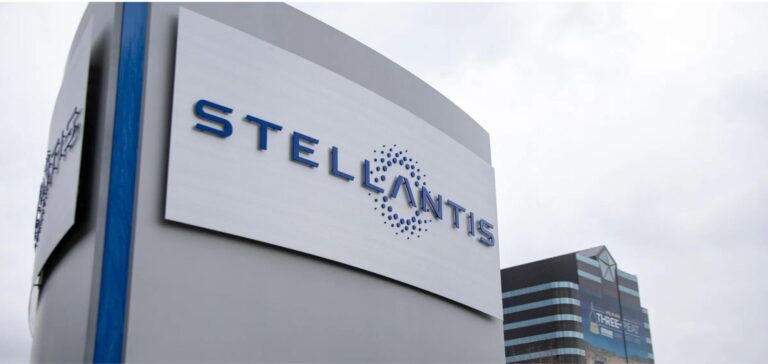Carmaker Stellantis announced Monday it is halting construction of its electric vehicle battery plant in Canada due to a disagreement with the government over subsidies. The group had announced in March 2022, with the battery manufacturer LG Energy Solution, to invest 5 billion Canadian dollars (3.6 billion euros) to build a large-scale plant in the Windsor area in the province of Ontario.
Negotiations in progress
“To date, the Canadian government has not respected the commitments made. As of now, all construction work related to the production of battery modules at the Windsor site has been halted,” the group wrote in an email to AFP. The decision comes a month after Canada agreed to provide up to C$13 billion in subsidies to the German car company Volkswagen AG for the construction of a huge plant.
The office of the Minister of Industry, François-Philippe Champagne, told AFP on Monday that negotiations were underway with the group. “Our main concern is and remains to get the best deal for Canadians,” Laurie Bouchard, a spokeswoman for the minister, told AFP.
The plant aims to have an annual production capacity of more than 45 gigawatt hours (Gwh) and should create 2,500 new jobs. The Canadian region of Windsor – located on the border with Michigan and the city of Detroit – is the hub of the Canadian automotive sector. In recent years, Canada has been working hard to attract players in the electric vehicle sector, touting its tax incentives, clean energy and abundant rare minerals.





















